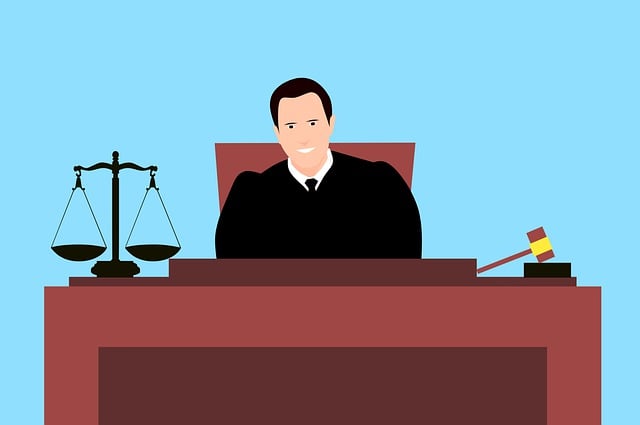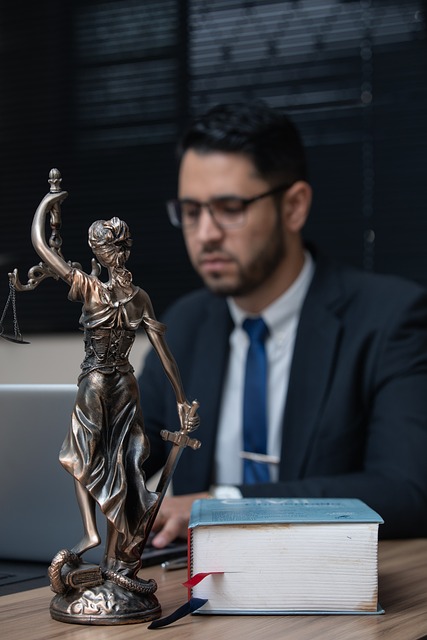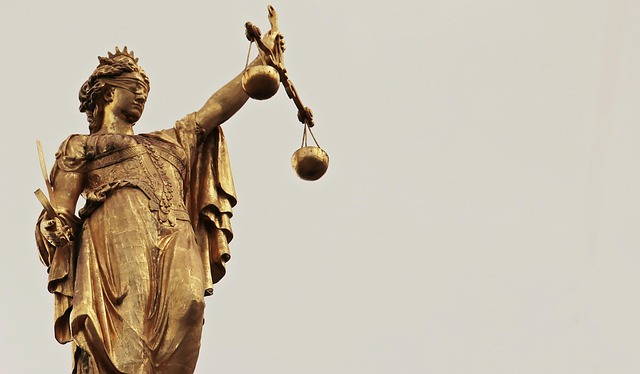Starting a business involves navigating complex legal landscapes, particularly trademark infringement, which can arise from similar marks confusing consumers about brand sources. Trademark Infringement Legal Assistance for Startups is crucial to protect unique brand identities, guide through proceedings, and resolve issues like charges dismissal. This aid includes white-collar defense for financial crimes and various dispute resolution methods. Early engagement of legal experts mitigates risks of costly lawsuits, ensures compliance with IP laws, and fosters growth while safeguarding startups' competitive edge.
In today’s competitive market, startups must be equipped with knowledge of various litigation types to safeguard their operations. This article serves as a comprehensive guide, focusing on trademark infringement—a common pitfall for nascent businesses. We explore common legal battles, from trademark disputes to general business litigation. Additionally, we provide insights into securing effective legal assistance tailored for startups and strategies to mitigate risks and steer clear of costly lawsuits.
- Understanding Trademark Infringement: A Startup's Guide
- Common Types of Litigation in the Business World
- Navigating Legal Assistance for Startup Protection
- Strategies to Mitigate Risks and Avoid Costly Lawsuits
Understanding Trademark Infringement: A Startup's Guide
Starting a business comes with its fair share of legal complexities, one of which is understanding the intricacies of trademark infringement. This is especially true for startups who are navigating the competitive landscape and striving to establish their brand identity. Trademark infringement occurs when an individual or entity uses a mark that is identical or similar to a registered trademark, causing confusion among consumers regarding the source of goods or services.
For startups, seeking legal assistance in such cases is crucial. A dedicated lawyer specializing in intellectual property law can provide invaluable guidance, ensuring your startup’s rights are protected. They can help navigate complex legal proceedings and offer strategies to resolve issues, whether through settlement negotiations or jury trials. Remember, the goal is often to secure a complete dismissal of all charges, enabling your startup to focus on growth and innovation without the burden of legal battles.
Common Types of Litigation in the Business World
In the fast-paced business landscape, understanding various litigation types is crucial for navigating legal challenges effectively. Common types of litigation in the corporate world include breach of contract disputes, which arise when one party fails to fulfill its contractual obligations; and product liability cases, where businesses are held accountable for defective products causing harm. Another prominent area involves trademark infringement, where companies protect their unique brand identities from unauthorized use. Startups often require legal assistance tailored to their needs, helping them safeguard intellectual property rights from the outset.
Beyond these, white-collar defense plays a significant role in addressing complex legal issues stemming from financial crimes or fraud. While jury trials remain a cornerstone of American litigation, offering a robust system of justice, efficient dispute resolution through alternative methods like arbitration is also gaining traction. For his clients, successful businesses often seek strategies that balance cost-effectiveness with achieving favorable outcomes, ensuring their long-term success in an increasingly competitive market.
Navigating Legal Assistance for Startup Protection
Navigating legal assistance for startup protection is a crucial step for budding businesses aiming to safeguard their unique identity in a competitive market. As startups grow and gain traction, they become attractive targets for trademark infringement claims, especially within their niche industries. Legal aid becomes an indispensable tool to defend against such infringements and protect the startup’s intellectual property (IP).
Seeking specialized legal assistance offers several benefits, particularly in high-stakes cases involving complex IP laws and trademark disputes. An experienced legal team can provide an unprecedented track record of success, guiding startups through potential pitfalls and ensuring their brand integrity. From conducting thorough trademark searches to developing robust IP strategies, these professionals help in establishing a strong legal defense. Whether it’s negotiating settlements or preparing for jury trials, their expertise ensures startups remain competitive while upholding their rights.
Strategies to Mitigate Risks and Avoid Costly Lawsuits
Many startups, excited to grow, often face risks that can lead to costly lawsuits, especially when dealing with intellectual property issues like trademark infringement. To mitigate these risks, proactive strategies are key. Engaging legal assistance early on is invaluable; experienced attorneys can guide startups through the complex landscape of IP law, ensuring compliance and protecting their unique brand identities.
By implementing robust internal policies and training employees on trademark best practices, startups can significantly reduce the likelihood of infringement. Regular trademark searches across the country help identify potential conflicts before they escalate. Furthermore, staying proactive in market research enables early detection of infringers, allowing for swift action to protect their brand’s integrity and achieve winning challenging defense verdicts. With the right legal assistance, startups can focus on growth while achieving extraordinary results, ensuring their longevity in a competitive market.
In navigating the complex business landscape, understanding various litigation types, especially trademark infringement issues, is crucial for startups. By familiarizing themselves with common legal pitfalls and seeking appropriate trademark infringement legal assistance for startups, entrepreneurs can effectively mitigate risks and protect their intellectual property. Implementing strategic measures to avoid costly lawsuits empowers startups to thrive, ensuring their innovations and brand identities remain secure in the competitive market.






